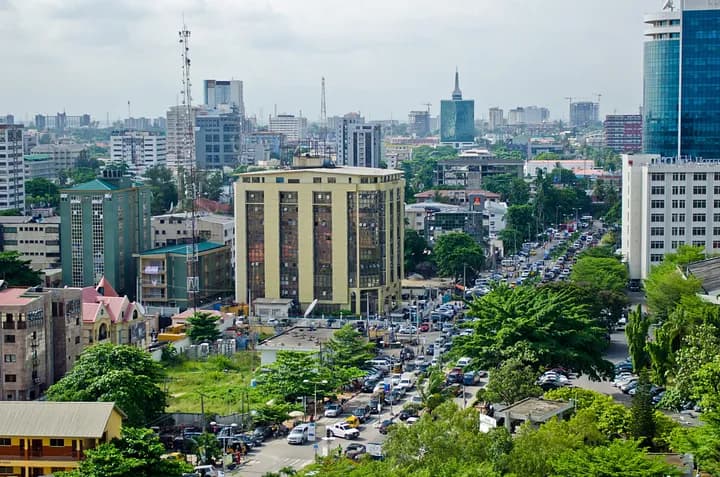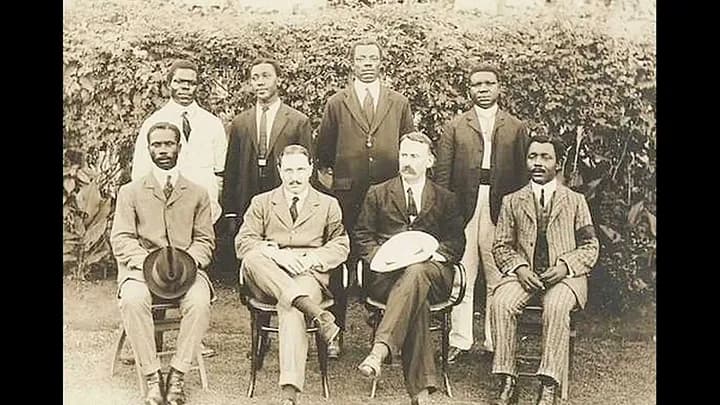Navigating Nigeria’s Hardships: The Imperative of Local Government Autonomy Amidst Subsidy Removal and FAAC Allocations| By Adesina Adeniji- Adele

Introduction:
In the midst of Nigeria’s current economic hardships, exacerbated by the removal of fuel subsidy and the recent FAAC allocations, the importance of local government autonomy has become increasingly evident. As petrol prices fluctuate due to free market forces and lack of government price control, citizens face mounting challenges. However, it is crucial to recognize that local governments play a significant role in addressing the needs of the people during these trying times.

By examining the views of influential figures such as Obafemi Awolowo and MKO Abiola on local government autonomy and connecting them to President Bola Tinubu’s stance, we can understand the value of decentralization in governance. This article explores practical implementable solutions for all tiers of government, with a focus on empowering the state and local authorities.


Local Government Autonomy and Subsidy Removal:
The recent removal of fuel subsidy by President Bola Tinubu-led administration has resulted in frequent changes in petrol prices due to free market forces. The government’s decision to let market dynamics determine the fuel price has its advantages and disadvantages. While some argue that a liberalized market allows for efficient resource allocation and encourages investment, others express concerns about the potential for price fluctuations that can impact citizens’ cost of living.

In a statement, President Bola Tinubu emphasized his commitment to making difficult decisions in the best interest of Nigeria, stating, “I could have chosen to share the benefits by participating in the arbitrage, but I am not here for personal gain. That’s not why you voted for me.” His decision to prioritize the nation’s welfare over personal gain reflects the need for strong leadership in times of economic challenges.

Historical Importance of Local Government Autonomy:
The concept of local government in Nigeria predates the country’s independence in 1960. The pre-colonial and colonial periods saw the establishment of traditional administrative systems, which later evolved into the local government structures we have today. Local governments were designed to bring governance closer to the people, allowing them to address their unique needs and challenges effectively.

The views of prominent leaders like Obafemi Awolowo, who once said, “True federalism is only possible when there is decentralization,” and MKO Abiola, who stated, “If our local governments are autonomous, they can address the peculiar needs of their communities,” underscore the importance of decentralization in Nigeria’s governance system. Their perspectives align with the need for local government autonomy, enabling grassroots development and efficient service delivery.
Empowering State and Local Governments:
In light of recent hardships and increased FAAC allocations, it is imperative to empower state and local governments to play a more proactive role in addressing the needs of their communities. The Nigeria Union of Local Government Employees (NULGE) has been advocating for the declaration of a state of emergency on local government administration to reduce poverty and revive infrastructural decay at the grassroots level.
To achieve this, the federal government should provide fiscal support and technical assistance to state and local governments. Allocating more funds directly to local governments, increasing their revenue-generating capacity, and ensuring transparency and accountability in financial management are crucial steps. Additionally, capacity building and training programs for local government officials will enhance their effectiveness in implementing development initiatives.
In a recent statement, Senate President Godswill Akpabio assured Nigerian workers that the government is ready to review salaries to cushion the effects of subsidy removal. This measure should be complemented by state governments’ efforts to create job opportunities, stimulate economic growth, and invest in critical sectors such as agriculture, education, and healthcare.

Conclusion:
As Nigeria navigates its current hardships, the importance of local government autonomy has never been more apparent. The removal of subsidy and the recent FAAC allocations call for a renewed focus on empowering state and local governments to address the needs of the people effectively. The views of leaders like Obafemi Awolowo and MKO Abiola, combined with President Bola Tinubu’s commitment to good governance, provide a guiding light in achieving decentralization and grassroots development.

Citizens must support the federal government’s efforts in creating an environment that encourages transparent and accountable governance, while also advocating for greater local government autonomy. By working together, Nigeria can overcome its challenges and forge a path towards prosperity and inclusive development.

